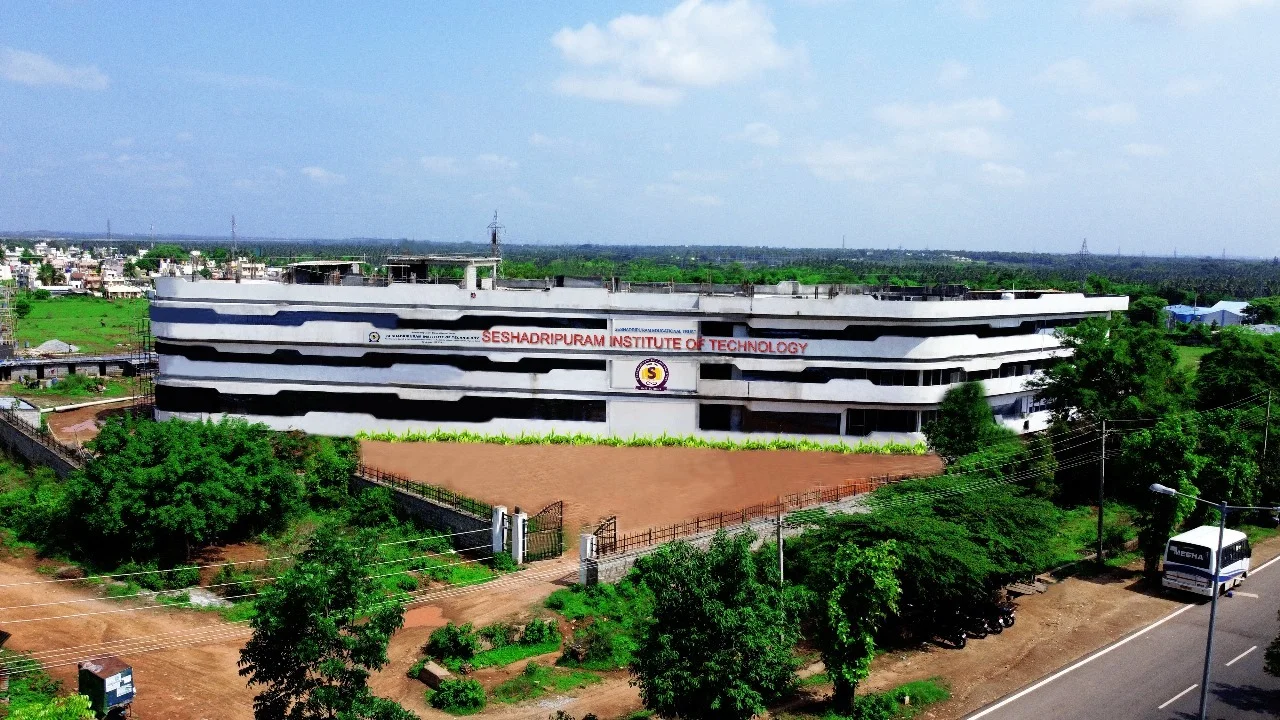Innovate in Technology at the Best Engineering College in Mysore for Electronics & Communication Engineering (ECE)
Electronics and Communication Engineering (ECE) graduates are at the forefront of technological evolution, driving innovation across chip design, telecommunication, healthcare, automation, aerospace, and consumer electronics. The graduates are trained to design, develop, and optimize systems that make devices smarter, faster, and more efficient with the help of embedded hardware and software.
Today's world has witnessed a shift, with bulky electronics being replaced by compact, highly efficient microcontrollers, advanced communication modules, and intelligent systems. With the rapid growth in semiconductor technologies and chip manufacturing, ECE engineers play a critical role in powering devices ranging from smartphones to satellites.
B.E. program in ECE provides students with a strong interdisciplinary foundation, including:
-
Analog and Digital Electronics
-
Semiconductor Devices and Chip Manufacturing Processes
-
Embedded Systems and Microprocessors
-
Signal Processing and Communication Systems
-
VLSI (Very-Large-Scale Integration) Design
-
Internet of Things (IoT) and Wireless Networks
-
Programming, Data Communication, and Networking
ECE graduates are in high demand across industries globally, with opportunities offering attractive career prospects and salary packages.
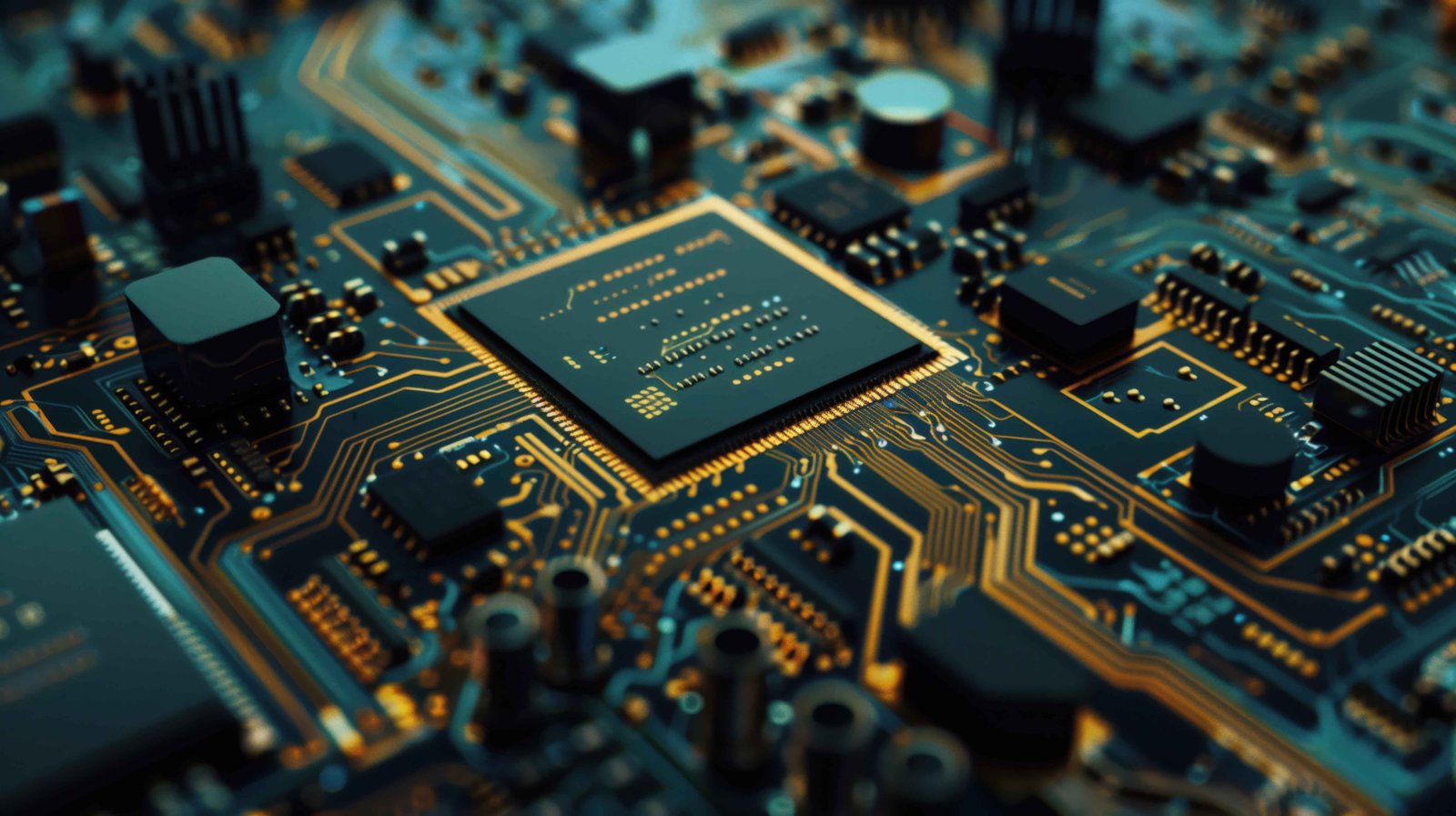
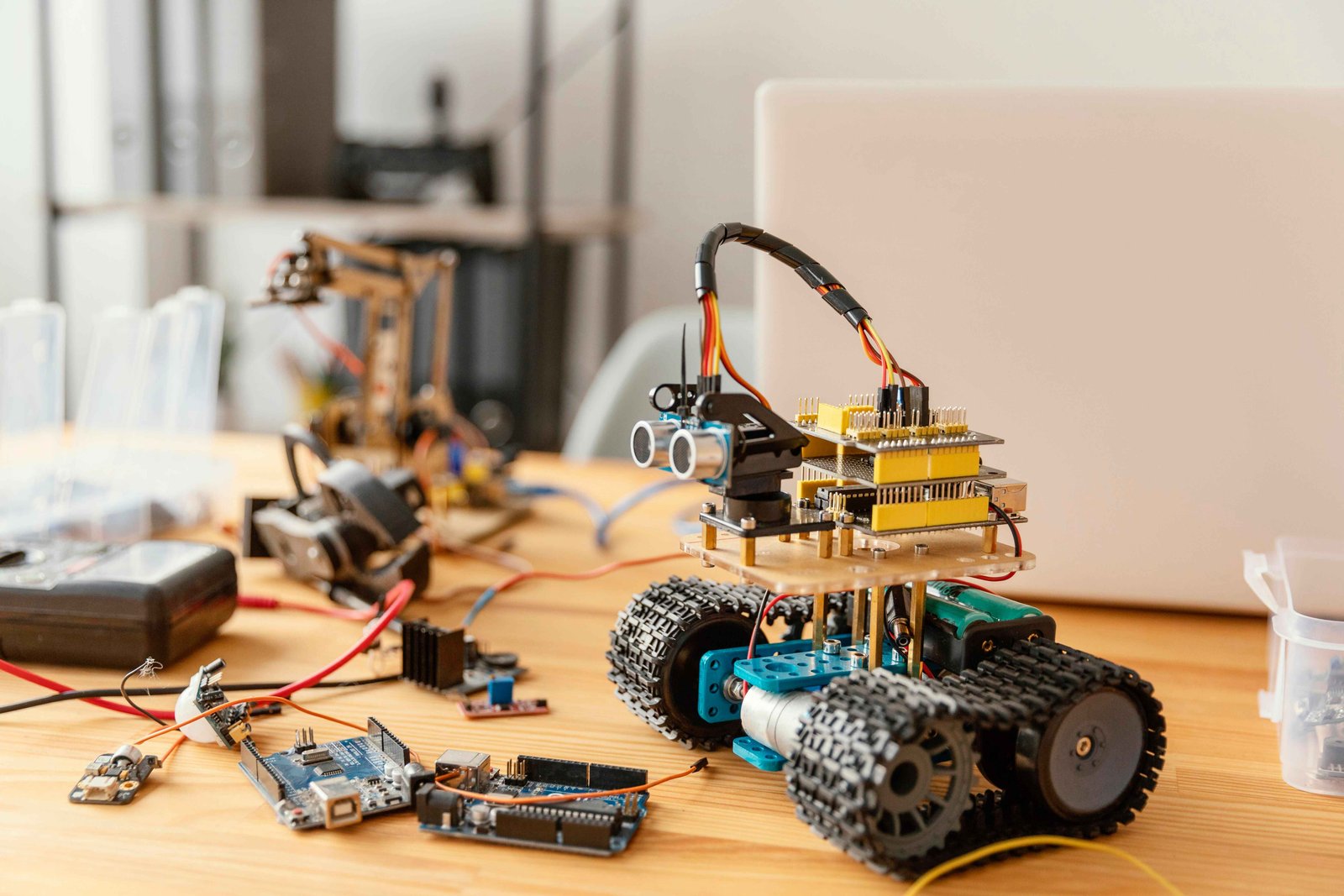
Department Focus
The department focuses on imparting a strong theoretical base supported by extensive hands-on experience. Students are trained using the latest tools, technologies, and industry practices. With a global outlook, the department has identified key thrust areas for research and development:
-
Embedded Systems and Microcontroller-based Applications in Vehicles, Health care, robotics and agriculture.
-
Artificial Intelligence and Machine Learning in the Physical and Network layers of communication Systems.
-
Internet of Things (IoT) and Smart Devices.
-
Semiconductor Technology and VLSI Chip Design.
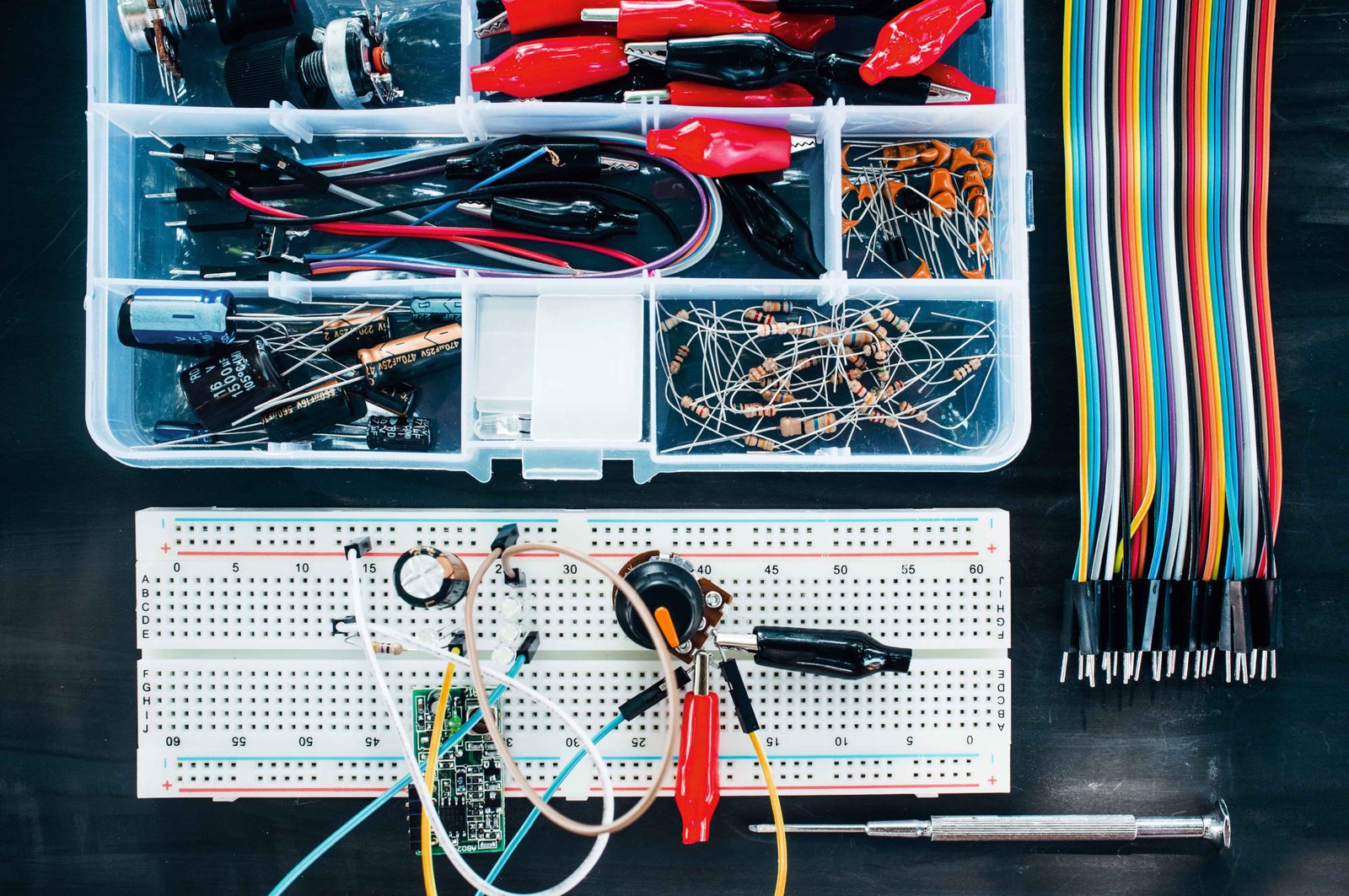
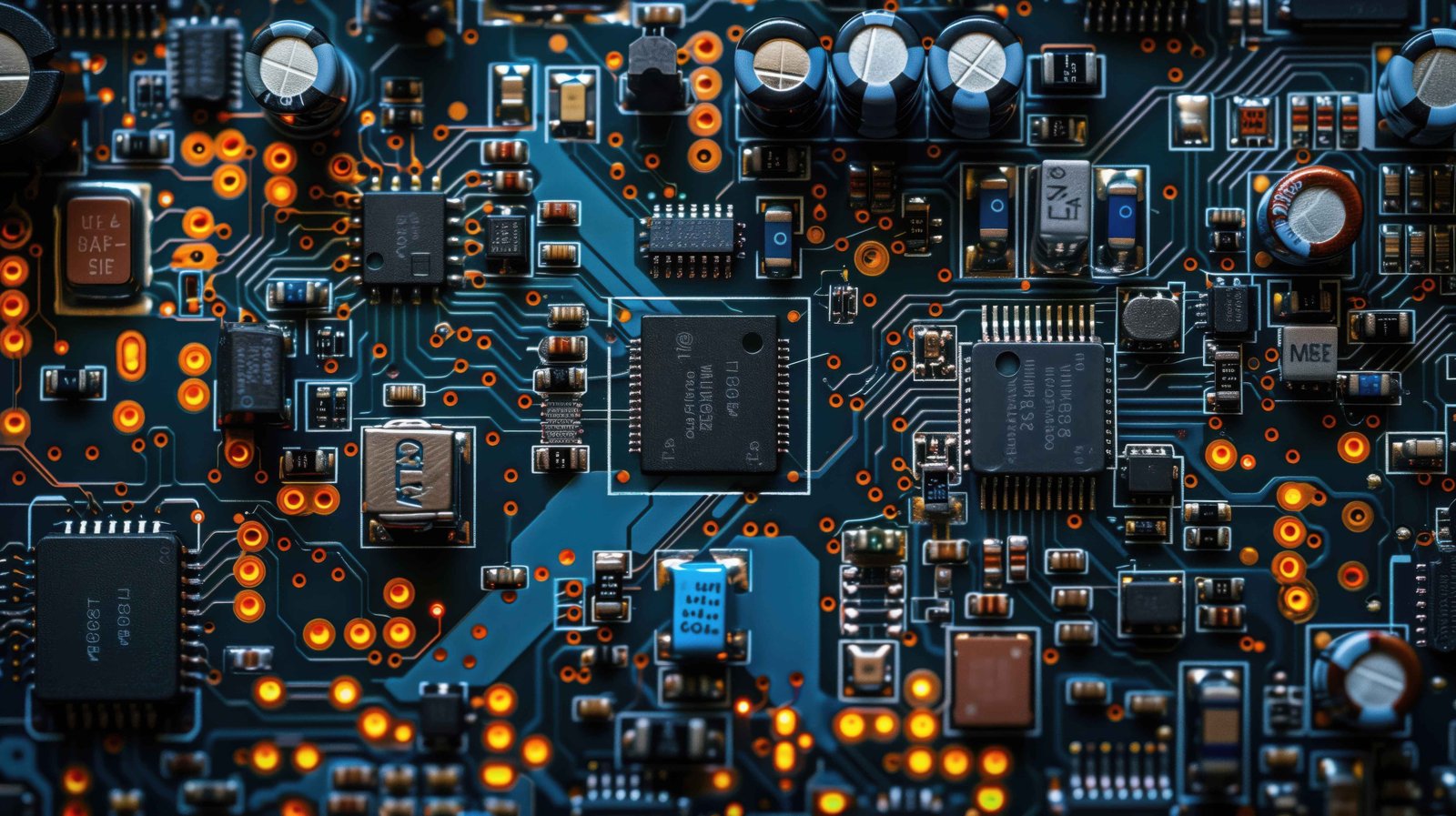
Facilities
The Department of Electronics and Communication Engineering, is equipped with advanced laboratories featuring industry-grade instruments and tools well above the AICTE norms. The department supports both licensed and open-source software for circuit design, simulation, and analysis. Classrooms are spacious, well-lit, and fitted with modern multimedia projectors to enhance the learning experience. Students receive hands-on training in Analog and Digital Electronics, Microprocessors, Embedded Systems, Communication Systems, IoT, and more. Online platforms are also integrated into the curriculum for virtual lab sessions and continuous learning.
-
Advanced laboratories for Analog & Digital Design, Embedded Systems, Digital Signal Processing, and Communication Systems
-
Specialized labs for VLSI Chip Design using modern HDL tools and Microelectronics.
-
Modern, well-ventilated classrooms with multimedia projectors and interactive learning environments
-
Collaborative learning opportunities across departments to promote interdisciplinary research.
-
Access to industry-standard software tools like MATLAB, Xilinx, Cadence, Multisim, and LabVIEW
Students will be encouraged to actively participate in designing projects through Maker Space and Project Lab, internships in industries, and workshops to enhance their practical skills and innovative thinking.
Faculty
The department has experienced faculty members with extensive backgrounds in academia, research, and industry. They follow an outcome-based education methodology and foster a problem-solving mindset among students. Through project-based learning, mentorship, and industry-relevant projects, students are encouraged to innovate and excel in their domain.



